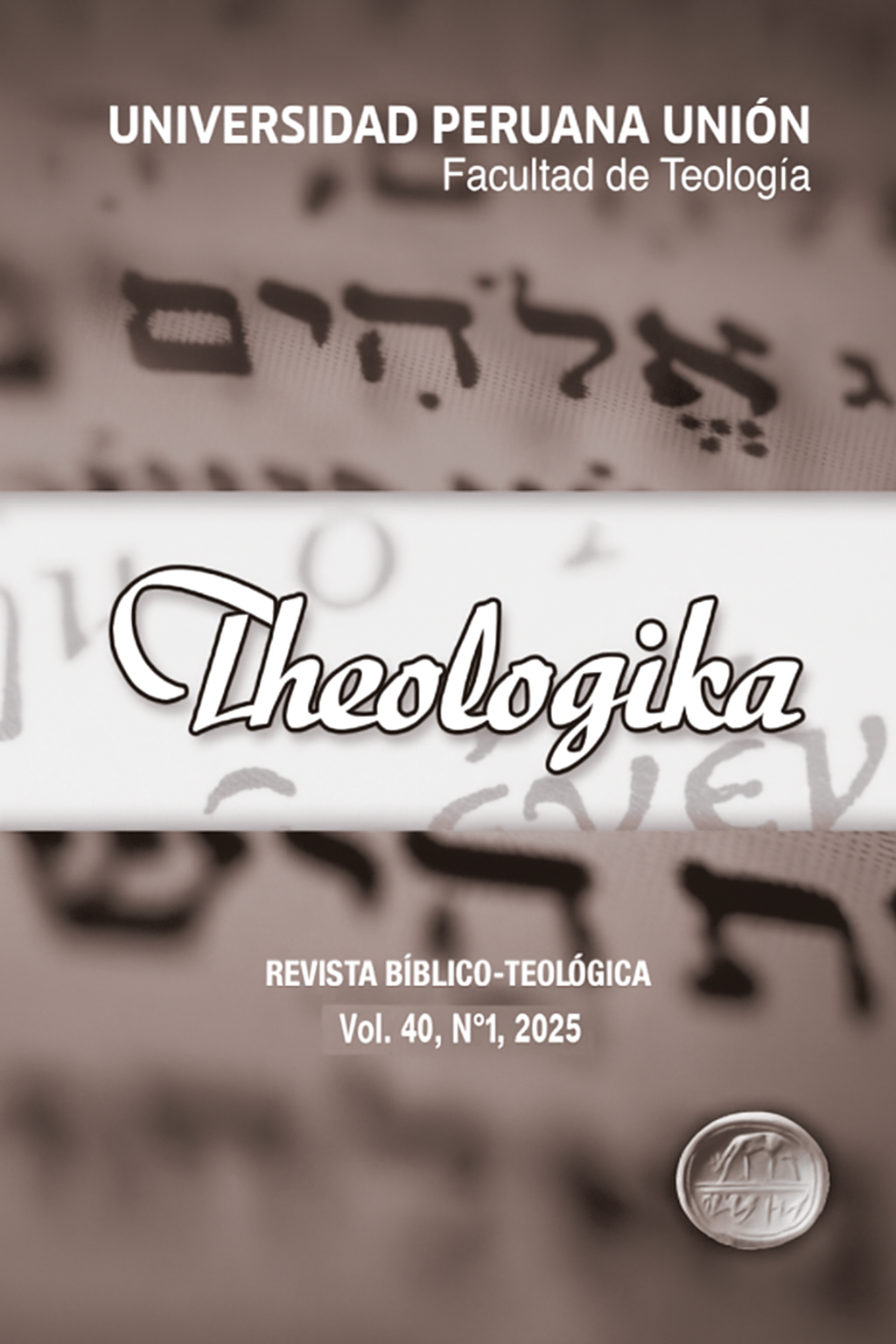Discipleship and Trinity
DOI:
https://doi.org/10.17162/1kbt1y32Keywords:
Discipleship, Trinity, Holy Spirit, Teaching, Mission, Spiritual GiftsAbstract
This article addresses Christian discipleship and the biblical Trinity (Father, Son, and Holy Spirit), with emphasis on the work of the third Person. Using theological description and analytical investigation, and with the doctrine of the Trinity as a framework, it examines the concept of mathētēs and the ontological identity of the Trinity as set forth in the Great Commission in Matthew 28:19-20, then analyzes key elements found in Jesus’ teachings on discipleship. It highlights the Holy Spirit’s role in maintaining humanity’s connection with the triune God, which results in four essential aspects for the follower of Jesus: justification, sanctification, the endowment of charismatic missionary capacities (spiritual gifts), and missionary action in fulfilling the Son’s commission. Finally, it concludes—based on the analysis of Jesus’ evangelical commission— that all three Persons of the Trinity play a vital role in forming disciples for God’s kingdom, which establishes the connection between the divine Persons and the disciple, whose bond is promoted by the economic action of the Holy Spirit, who uses the disciple-making ministry to form other new disciples.
Downloads
Downloads
Published
Issue
Section
License
Copyright (c) 2025 Agenilton Corrêa

This work is licensed under a Creative Commons Attribution-NonCommercial 4.0 International License.
- The authors retain their copyright but assign to the journal the right of the first publication, with the work registered under the Creative Commons attribution non commercial (CC BY NC) license, which allows third parties to use the published information for non commercial purposes as long as they mention the authorship of the work and that it was first published in this journal.
- Authors may make other independent or additional contractual arrangements for non-exclusive distribution of the version of the article published in this journal (eg, include it in an institutional repository or publish it in a book) as long as it clearly indicates that the work was first published in this journal.
- Authors are encouraged and advised to publish their work on the Internet (for example, on institutional or personal pages) before and during the review and publication process, as it can lead to productive exchanges and a greater and faster dissemination of the published work (see The Effect of Open Access).





